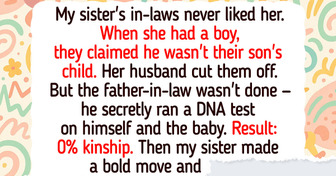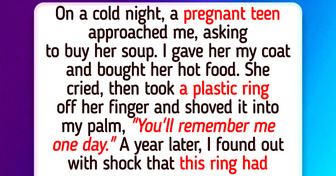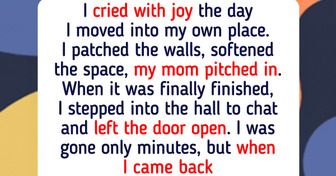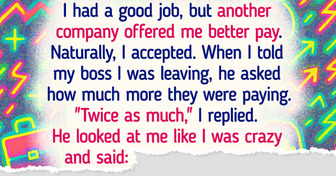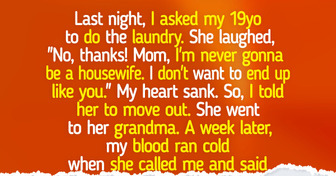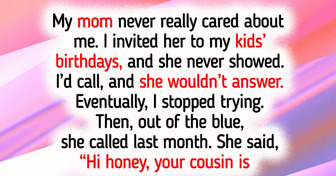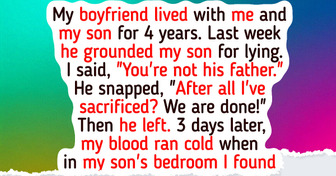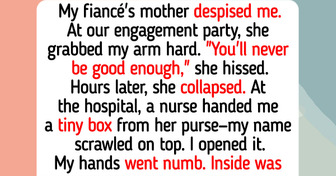I Refused to Let My DIL Walk All Over Me in My Own House—Then She Went Too Far
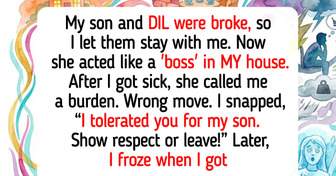
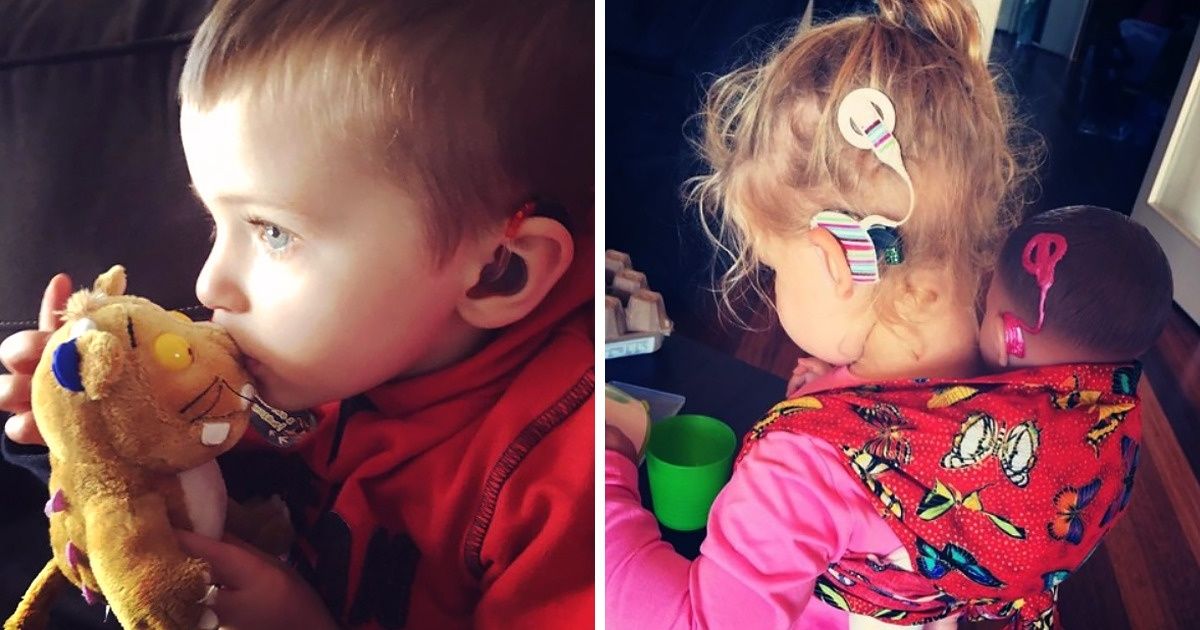
For a long time,
We at Bright Side adore this movement and everything it stands for, and we hope that more people will follow their example.
In April 2015, UK journalist Rebecca Atkinson, along with other parents of children with disabilities, started the campaign #ToyLikeMe to address the lack of diverse toys to which children with disabilities can relate to. They created a Facebook page where everyone
Even though the campaign attracted a lot of attention, these parents couldn’t rest until their ideas actually became real. Luckily, only 2 weeks after the campaign started, the initiators of the campaign contacted a company in the UK that designs toys via 3D printing, and the company agreed to create a new range of dolls. That’s when the first toys with disabilities
There are around 150 million children with disabilities, and even though the toy industry is worth over $2.9 billion, it has completely failed to create toys that are more relatable to them. Until recently, that is. Thanks to this initiative that has taken the internet by a storm, many toy manufacturers have answered this calling and have made toys specifically for children with disabilities.
Soon enough, the #ToyLikeMe campaign on Facebook and Twitter finally reached the big manufacturers like Lego, and now there are
In 2016, Lego released their first-ever wheelchair-using mini-figure, and many other big toy manufacturers followed in their footsteps. Now there is a wide range of dolls with disabilities, including models with hearing impairments, canes, and birthmarks.
Even after all the success this campaign has had, the journey of #ToyLikeMe isn’t stopping there. The organization has followers in over 45 countries and has received donations through crowdfunding from over 700 people.
The mission of #ToyLikeMe is
Do you agree with the idea that drives the #ToyLikeMe campaign? Do you think

